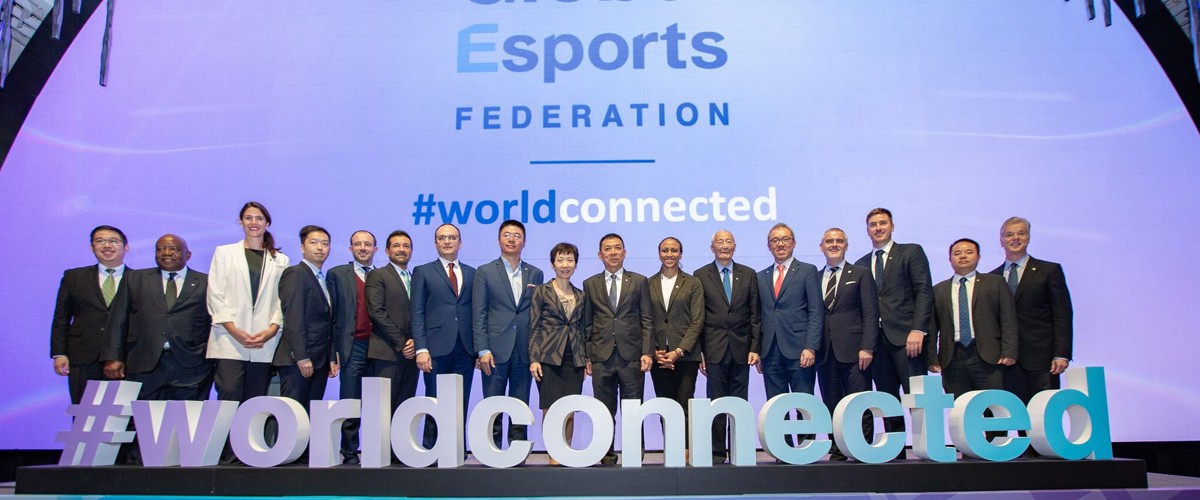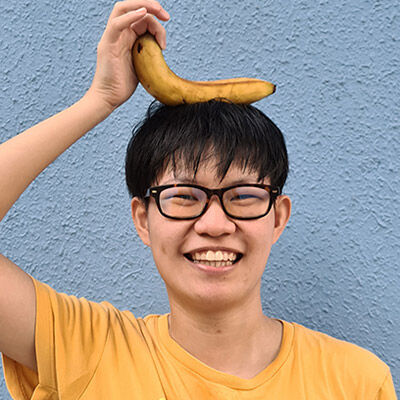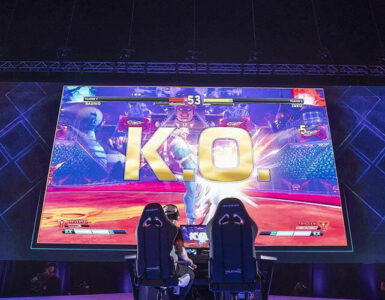- Shares
- 62
It’s been said many times, and it will be said many times more. Once neglected and frowned upon, esports has become a huge driving force in recent times, growing exponentially in popularity and revenue. With the debut of esports at the recent SEA Games, it’s perhaps high time to introduce a governing force into the scene.
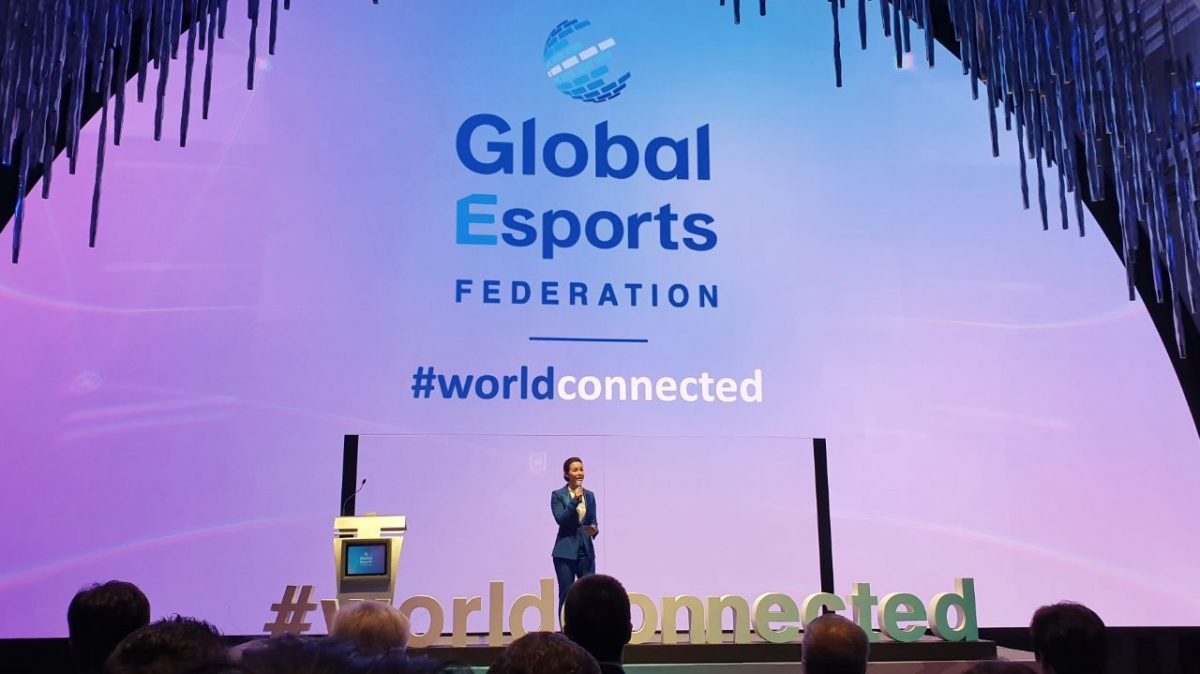
Enter the Global Esports Federation (GEF), a global governing body for the ecosystem of esports athletes, sports organisations, commercial partners, and other parties. Officially unveiled in the grand premises of JW Marriot Hotel, the organisation will be helmed by fellow Singaporean Chris Chan, and have their headquarters situated on local shores. The man also holds the position of Secretary-General and vice-president (Asia) in the Singapore National Olympic Council (SNOC) and Commonwealth Games Federation respectively.
The GEF might not be the first to the scene, but they are certainly looking to be the most connected.
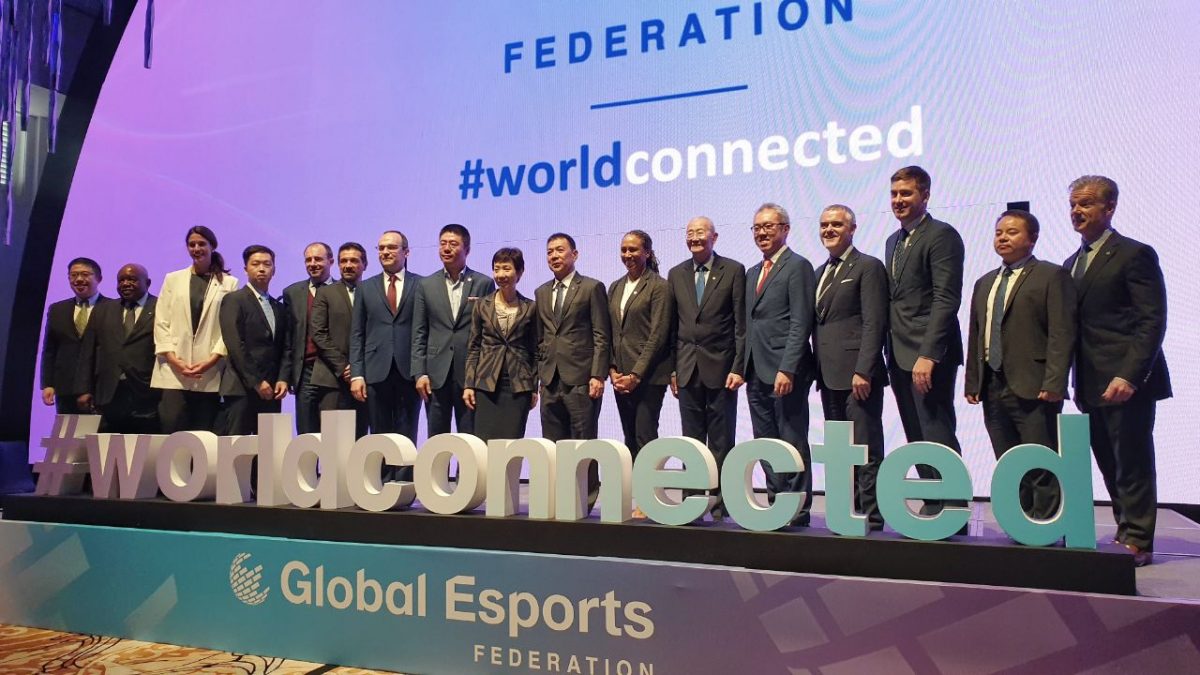
The launch event was graced by Minister for Culture, Community and Youth Grace Fu, and saw some big names in attendance. Accompanying Chen as a member of the Board are vice-presidents Edward Cheng (also the vice-president of Chinese conglomerate Tencent), five-time Olympian Charmaine Crooks, and Wei Jizhong, Honorary Life Vice President of the Olympic Council of Asia – among others.
“With our collective effort, I believe esports will unleash the unlimited possibilities of sports in the digital age,” said Cheng in his speech on stage. “On the path to building a community with a shared future for mankind, esports will shine.”
The call to establish an international governing body is an apt one, made all the more relevant with Singapore’s encouraging silver- and bronze-medal haul at the 2019 SEA Games. Esports also made an impression at the 2018 Asian Games as part of a demonstration event, despite being dropped from the 2022 roster afterwards. The presence of the GEF means that the potential of esports can very well be explored further, with the organisation laying out five initial objectives moving forward:
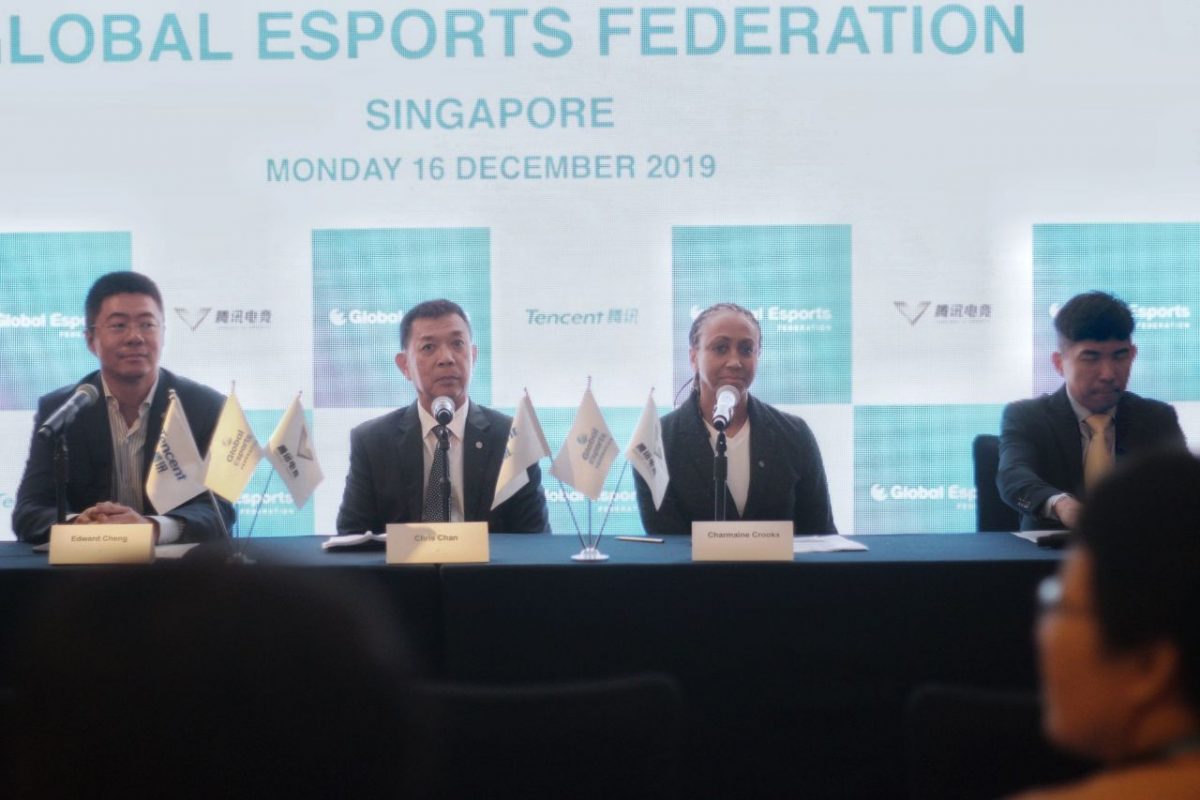
- Encourage and support the establishment of National Esports Federations with a set of relevant standards, guidelines, and regulations.
- Establish an athlete commission, with a focus on athlete well=-being, development of standards for fair play, career support, and education to ensure safe, doping-free, and ethically-compliant practices.
- Convene and stage esports competitions, conventions, fora, and development programmes.
- Development of world-class governance structures and guidelines for the Global Esports Federation.
- Create, develop, and stage the annual flagship Global Esports Games, with the first Games to be staged in 2020.
And while finally having an international esports federation is all well and good, there’s some scepticism laying around. When asked on the significance of choosing Singapore as the residing headquarters, Chan thought that there “was no significance to it”, except to drive the idea forward – believed to have been in a year in the making. What casts doubt on the organisation’s longevity, however, is his statement that there may be “no permanency” to the whole thing, which certainly raises eyebrows: if there’s no long-term plan to keep the GEF in power, how will the community be convinced of its goals and purpose?
As a matter of fact, esports in Asia has hardly taken on a positive impression. The Global Electronic Sports Championship (GESC), for instance, is notorious for holding back on the winnings for Dota 2 tournaments and fundings for vendors, establishing a status of infamy over the years.
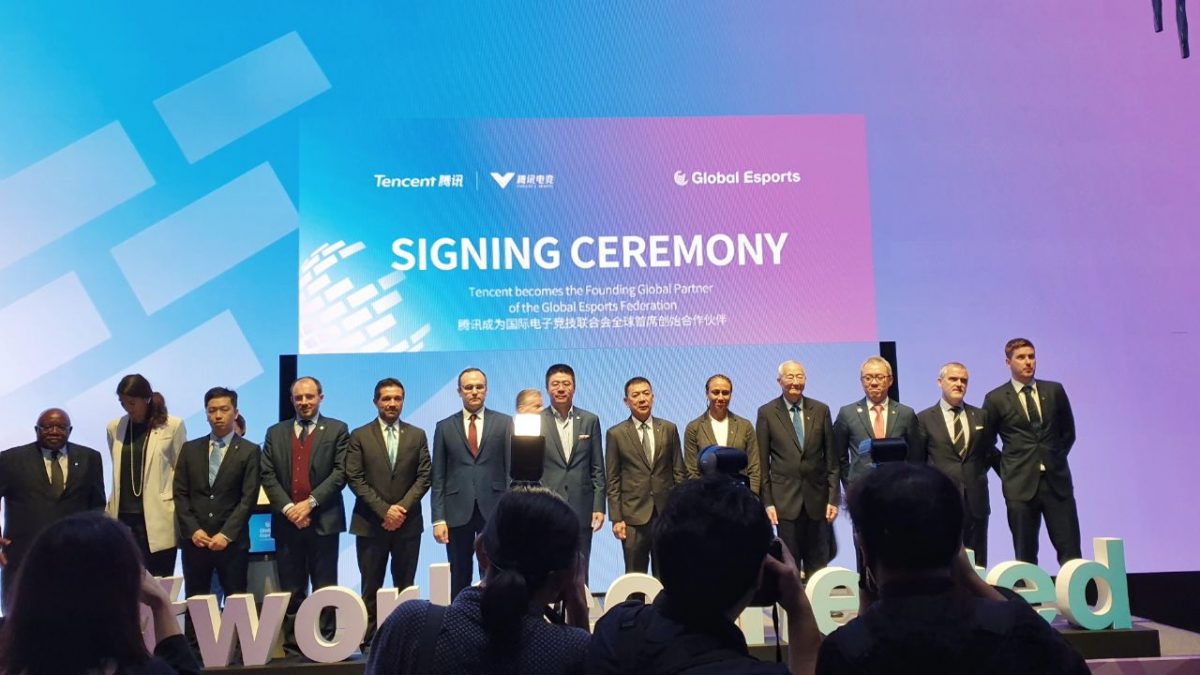
To allay concerns, Chan brought up the example of urban sports. Originally treated with the same scepticism, it has grown into an Olympic staple – and the man believes that esports can eventually reach that point, too. In a bid to develop the esports scene, the team is looking to put in place certain policies, and promote through GEF the esports culture and collaborations between different countries.
Another thing to note about the GEF is its flexible membership that allows any sports organisation, including international and national federations, as well as both commercial and non-commercial organisations, to join the team. On one hand, it’s good to see an inclusive environment in place; on the other, it calls into the question of team organisation, leadership, and legitimacy.
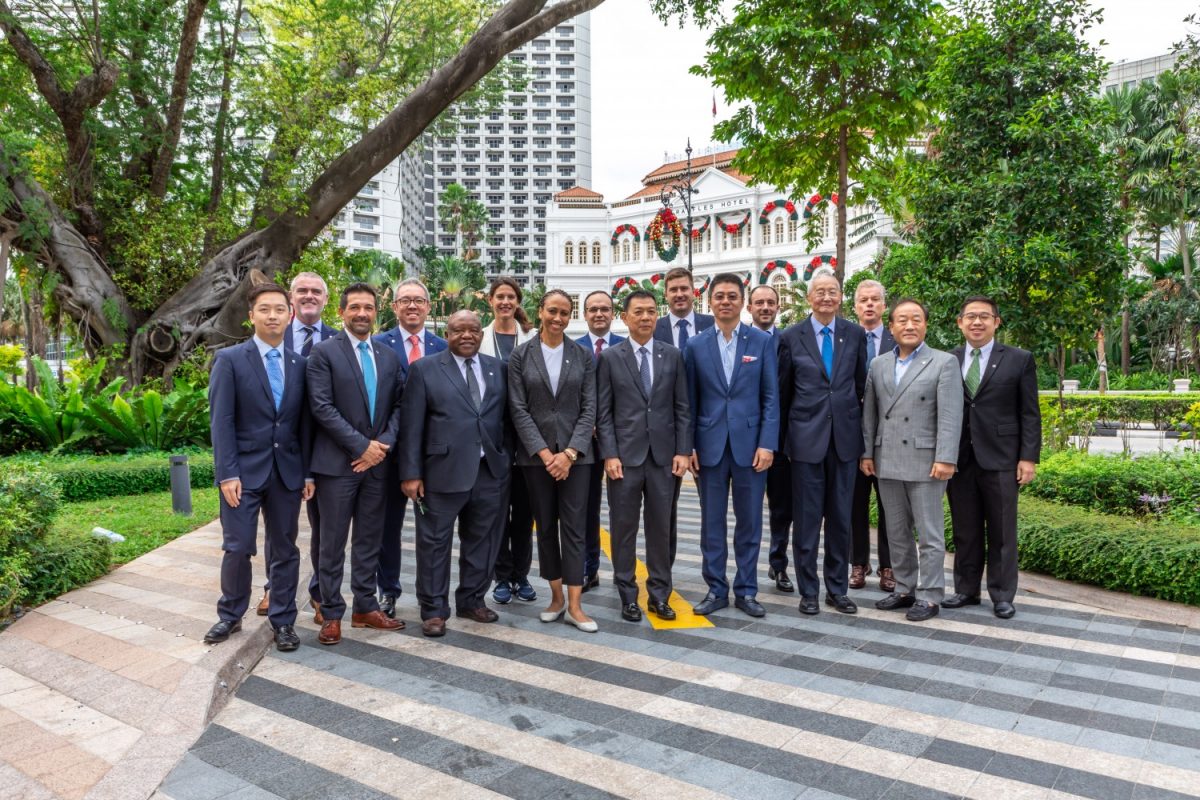
Looking at the board members above, we do see some recognisable faces amongst the lot. Namely, Ng Chong Geng, who pops up time and again when esports is involved. One thing is for certain, the organisation seems to prefer a senior hand guiding a space which traditionally skews pretty young.
In any case, the establishment of a global esports body is most certainly a defining milestone for the industry. It’s a little too early to determine the future of the GEF, but esports enthusiasts can look forward to the organisation’s first major event next year: the GEF Games, which will be held across the globe.

